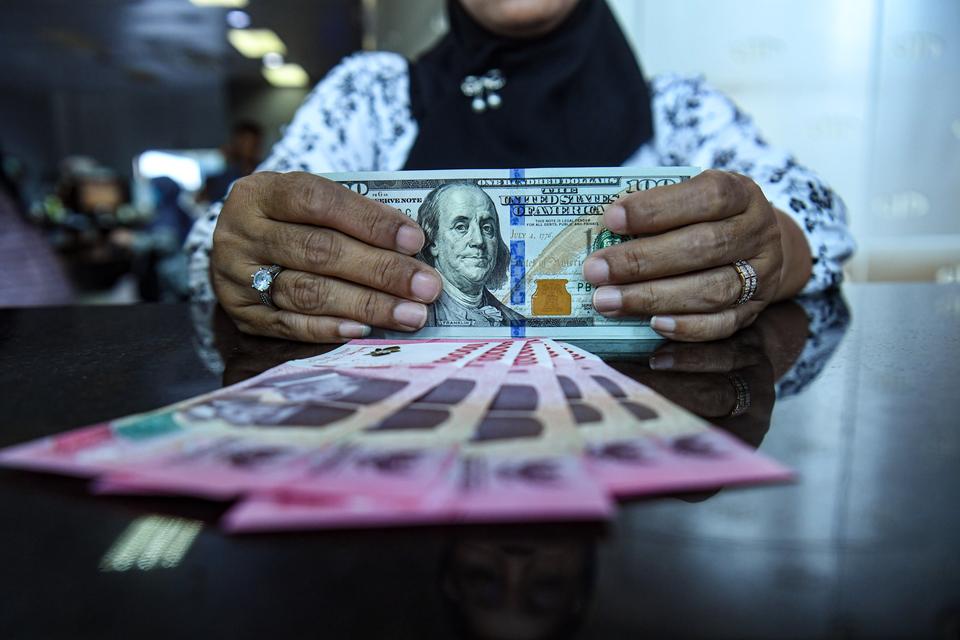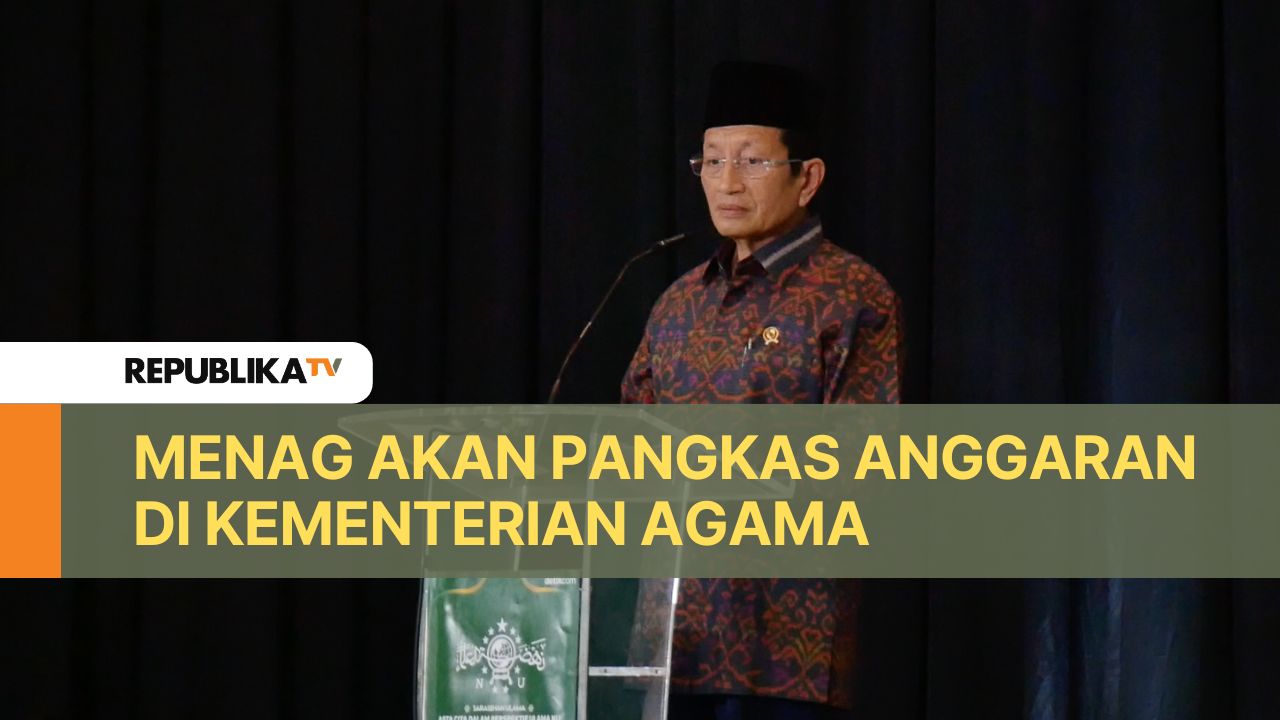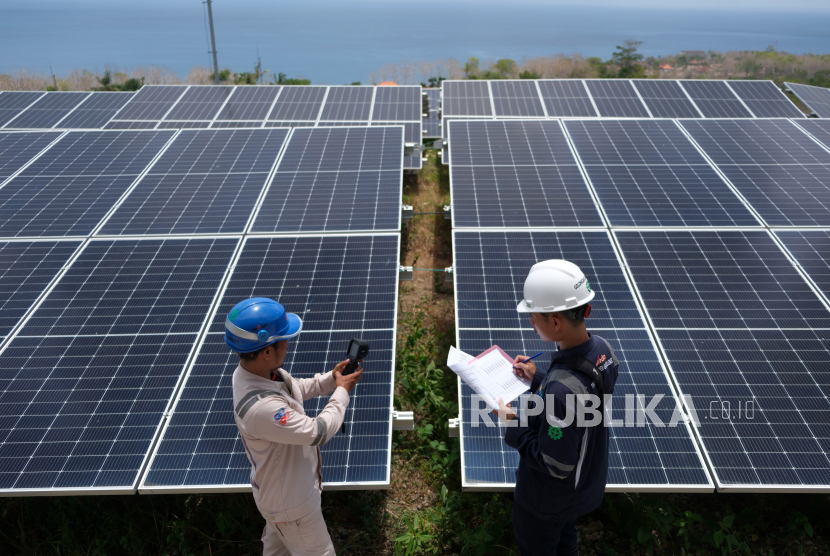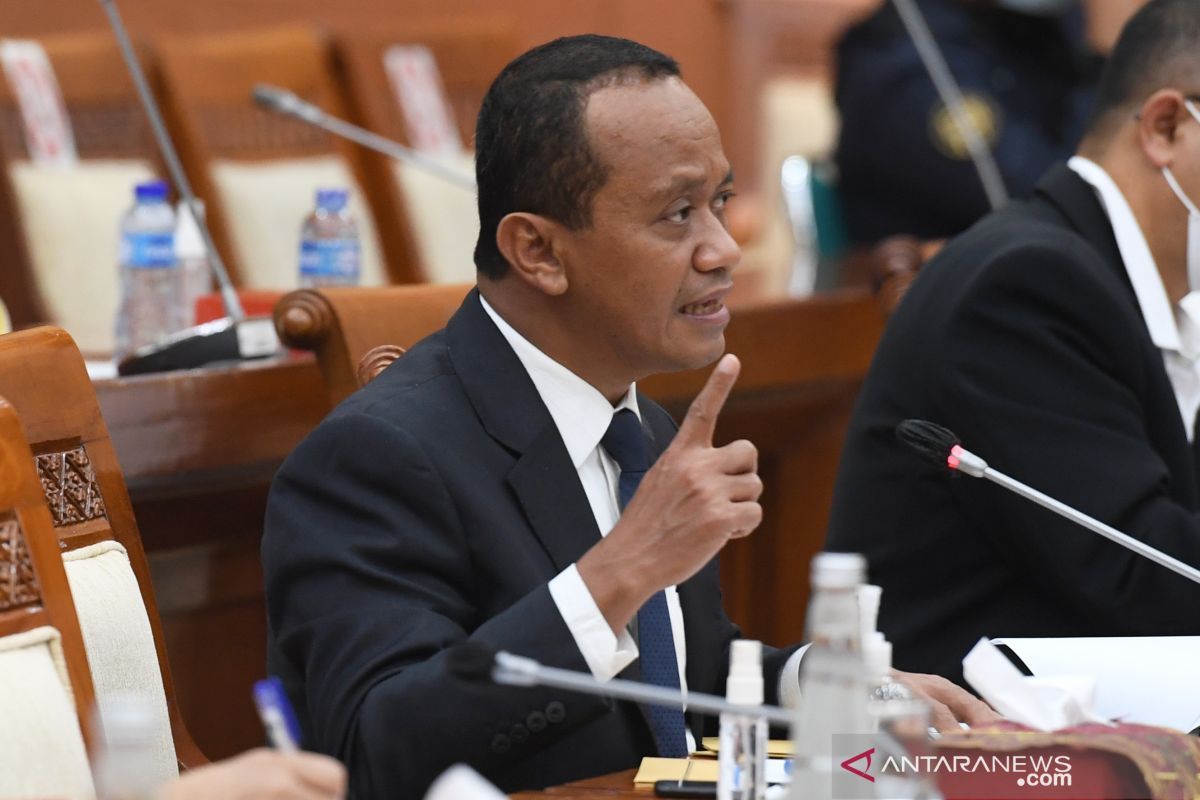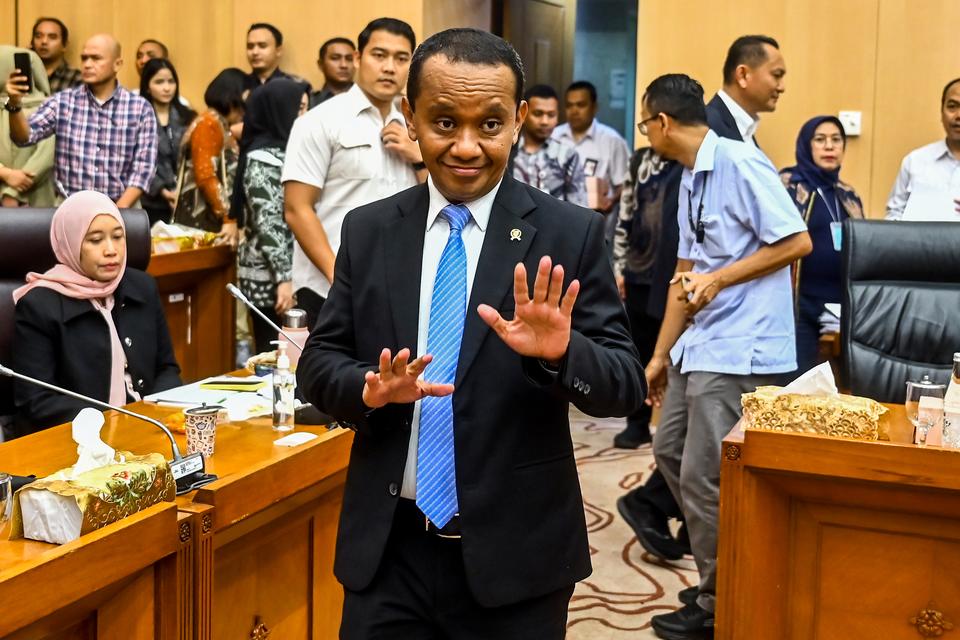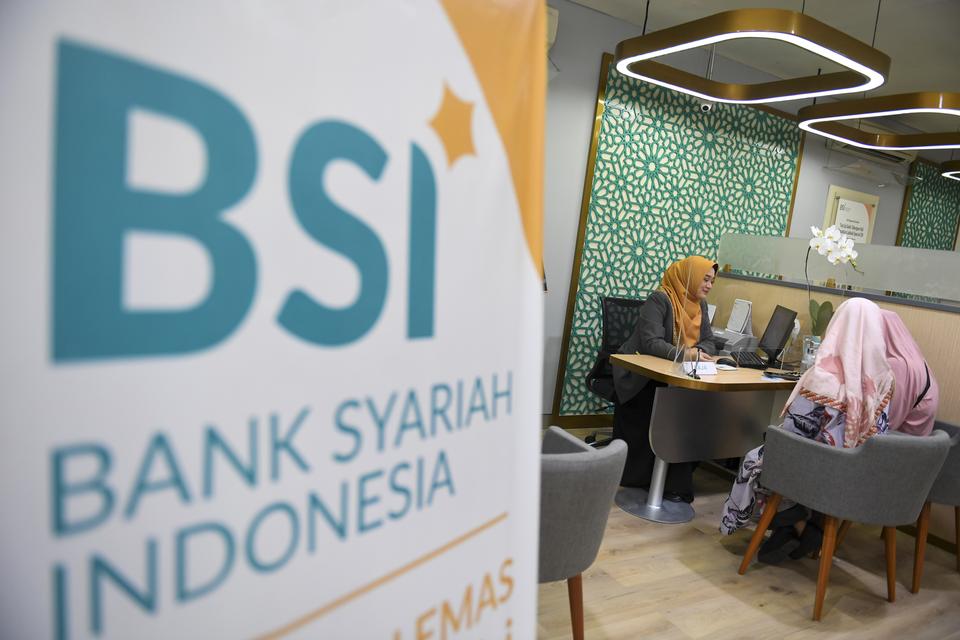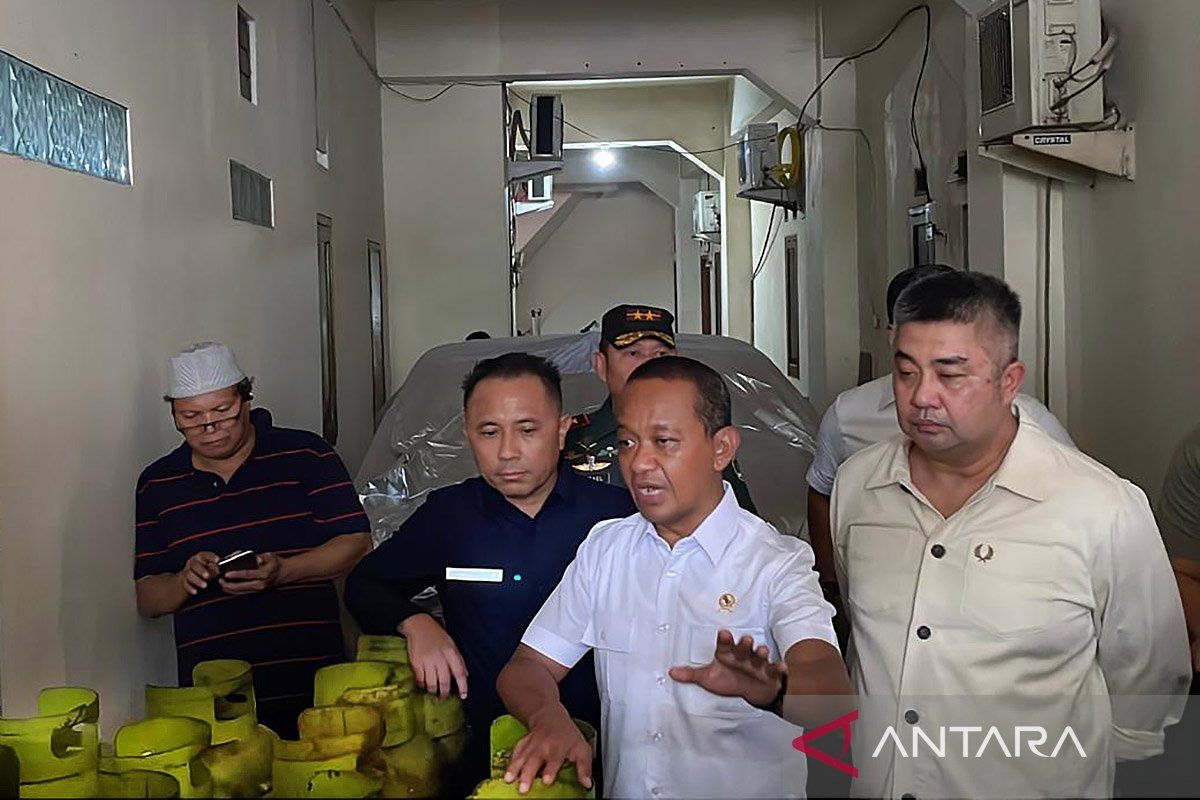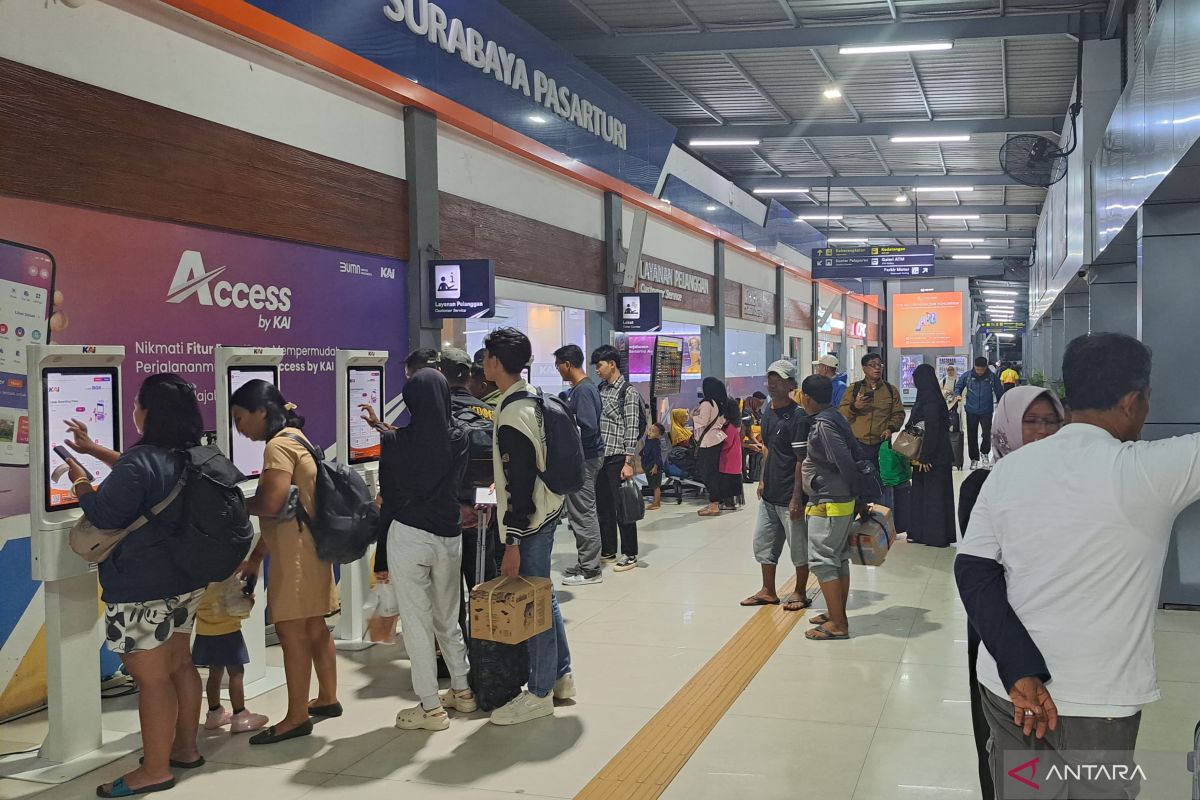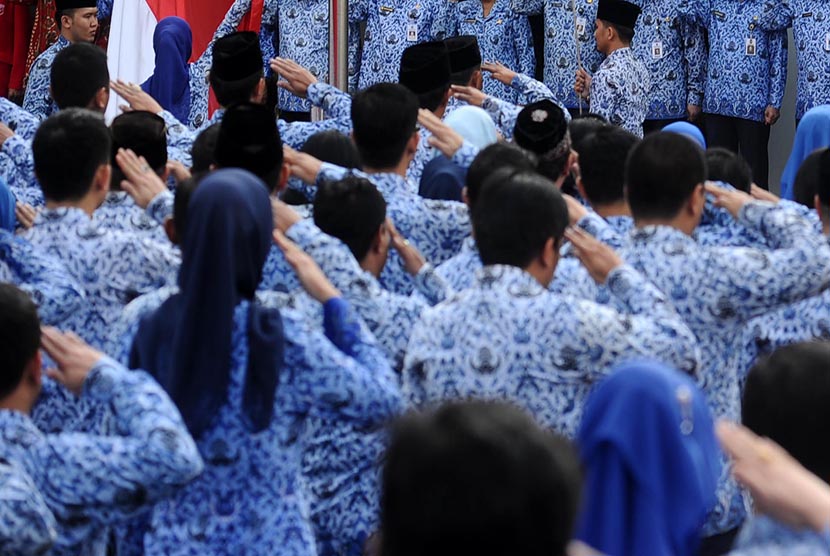The Thick Fog of Economic Policy
After three months of President Prabowo Subianto in office, the direction of his economic policy is still not clear.

TEMPO.CO, Jakarta - After three months of President Prabowo Subianto in office, the direction of his economic policy is still not clear. There is no role for technocrats in the cabinet.
UP until today, President still has not clearly defined the direction of his economic strategy. After more than three months in office, he has launched a number of policies, including debt forgiveness for micro, small and medium enterprises (MSMEs); a delay in the increase of value-added tax () to 12 percent; an 6.45 percent increase in minimum provincial wages and orders to ministries, institutions and regional governments to cut spending in order to fund priority projects such as the free nutritional food program.
But all of these populist policies have led to a decline in investor trust. This is reflected in an anomaly in the financial market. In the last three months, yields on government securities have continued to rise despite low inflation—in December it was only 1.57 percent. Normally, these two figures are in parallel. This anomaly means that there is something amiss, which triggers investors demanding higher interest as a result of the increased risk of investing in Indonesian bond.
Moreover, in the first 100 days of Prabowo’s administration, investors and the business communities have decided to wait and see what happens with Indonesian economic growth. They are uncertain about many of the government’s policies that appear to be based only on rhetoric.
For example, there is the government’s plan to forgive MSMEs bad debt. In the first stage, according to the official announcement, 67,000 entrepreneurs will have their debts, worth a total of Rp2.4 trillion, forgiven. The total debt relief amounts to Rp14 trillion. The target for this program, as stated in Presidential Regulation No. 47/2024, is one million entrepreneurs. So it still has a long way to go.
Prabowo’s instruction for ministries, institutions and regional governments to save money appears principled at first glance. How could it not be, given that he asked his subordinates to reduce the use of state funds for official travel, vehicle rental, ceremonies, and the like to the tune of Rp306 trillion.
However, the president appears to have forgotten that he already created such a large cabinet with many positions goes to his supporters. There are more than 109 ministers, deputy ministers and ministerial level officials whose salaries need to be paid every month and whose costs are covered by the state. This is a sharp increase from the 60 officials in the era of President Joko Widodo. The impact of this bloated cabinet is an additional Rp40 trillion to Rp158 trillion for salaries, allowances and spending on goods alone.
For regional governments, the obligation to co-fund priority projects through Presidential Instruction No. 1/2025 could lead to a low quality of public services, which in many places are already poor. There is also the risk of delayed construction of infrastructure, reduction in the stimulus of buying power through social assistance funds and delays to economic growth. However, it was Prabowo himself who set a high target for economic growth at 8 percent.
This series of programs shows a lack of unity in the Prabowo administration’s . Everything is stop-start, like the plan to establish Investment Management Agency Daya Nusantara, or Danantara. And the fog is getting thicker because the government has yet to issue the 2025-2029 National Medium-Term Development Plan (RPJMN). Normally, this document is issued within three months of the inauguration of the president and vice-president. For example, President Jokowi issued the 2015-2019 RPJMN at the beginning of January 2015.
All of this indicates weakness in, or possibly a lack of, the role of technocrats in the Red and White Cabinet. For example, Sri Mulyani Indrawati is still Minister of Finance, but her role is no longer as clear as when she and her staff at the Ministry of Finance protected Indonesia from the worst effects of the 2008-2009 global monetary crisis. Today, the presence of Sri Mulyani feels more like a rubber stamp to reinforce the unilateral claim that Prabowo’s government is a cabinet comprising experts rather than representatives of political parties.
to get the latest news updates from Tempo on Google News


